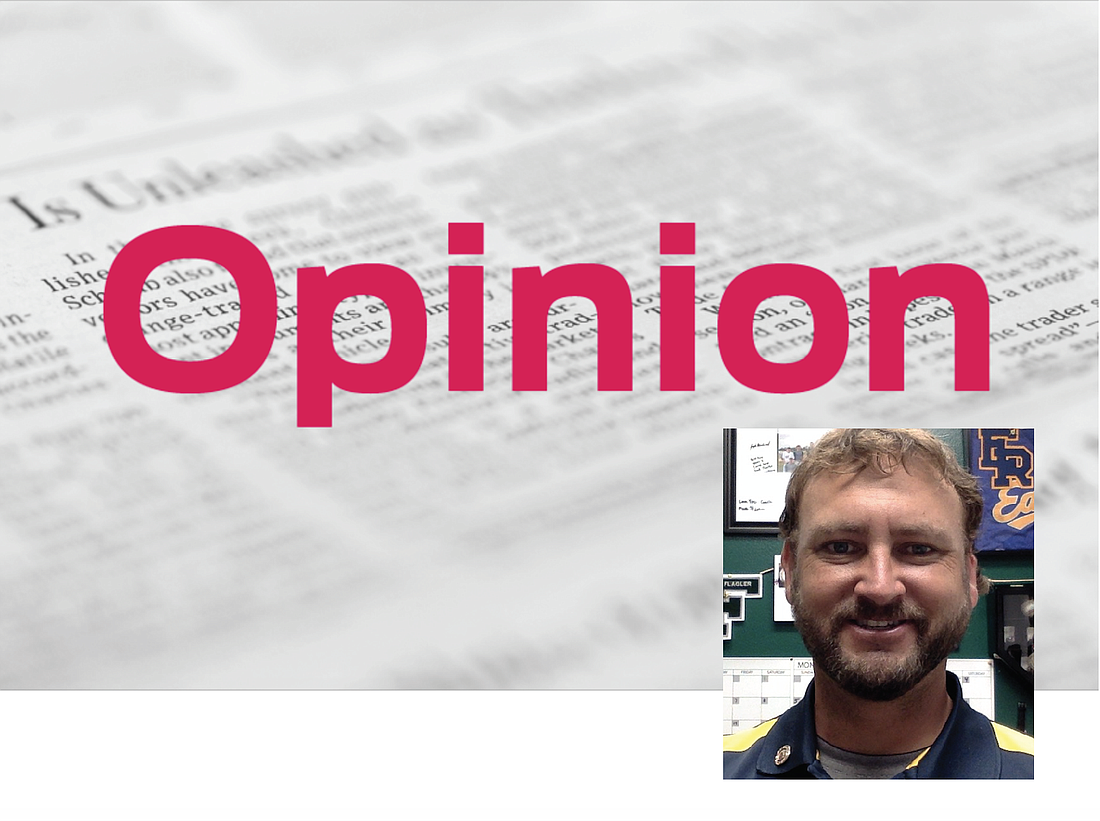- April 25, 2024
-
-
Loading

Loading

by: Jordan Butler
Our children. Our health. The economy. Each of these are priorities for our community. So when we find a single action that can protect all of them at once, it’s worth our full attention. This is why I’m calling on our county commissioners to pass a local tobacco retail licensing policy.
First and foremost, tobacco retail licensing is about protecting kids. Tobacco companies and products have been a powerful force in our community for too long. Flagler County is home to an estimated 20,347 people who smoke or vape, including 1 in 7 youth (15%) between 11-17 years of age. Tobacco use starts young and can quickly turn into a lifelong addiction. Nearly 9 out of 10 adults who smoke cigarettes daily first tried smoking by age 18. Smoking is a leading cause of preventable death and disease, and e-cigarettes containing nicotine do tremendous damage too. They harm the immune system, impact the brain’s ability to learn, and may increase the risk for addiction to other drugs. In addition, tobacco use is estimated to cost Floridians billions in healthcare costs and lost productivity every year. Shouldn’t we do everything we can to stop these products from being marketed and sold to youth?
Tobacco retail licensing is simple: the county requires a business to obtain a license in exchange for the privilege of selling tobacco or nicotine products. The annual fee for a license covers all costs associated with administration and enforcement. This includes routine compliance checks, which help ensure retailers follow local, state, and federal tobacco control laws. Retailers caught selling tobacco products to minors or violating other laws designed to protect youth face penalties or fees. And after too many violations, they may lose their license.
We know that tobacco retail licensing works. Young people who live in communities with a tobacco retail license policy that covers the cost of regular compliance checks are 33% less likely to start smoking and 26% less likely to start vaping.
In addition to preventing underage sales, tobacco retail licensing policies can give communities more control over how tobacco and nicotine products are sold. They can restrict the sale of tobacco products near schools. And they can restrict the sale of flavored tobacco products designed to appeal to youth (who have been referred to as “replacement” customers in internal tobacco company documents; after all, their products kill their customers).
In 2020, the Food and Drug Administration (FDA) banned the sale of many flavored pod or cartridge-based e-cigarettes, but these restrictions do not apply to all flavors or products—including menthol-flavored e-cigarettes and disposable products that have grown popular among youth (like Puff Bars, Stig, and Smok). And while there are existing efforts to monitor underage tobacco sales, these operations are infrequent and limited in scope. In fact, vape shops are not required to have a Florida tobacco retailer license or receive any compliance checks for underage sales. We will never tackle the problem of youth tobacco use until we close these gaps and take bold new steps.
Every young person in Flagler County deserves a fair chance at a healthy future — a future free from nicotine addiction. Tobacco retail licensing can support that future, but only if it is supported by our elected officials. Please join me in asking our county commissioners to pass a tobacco retail licensing policy. How can you help? Call them! It only takes a few minutes. And it just might help our community for generations to come.
Jordan Butler is the director of the Flagler County Youth Center and G.W. Carver Community Center.